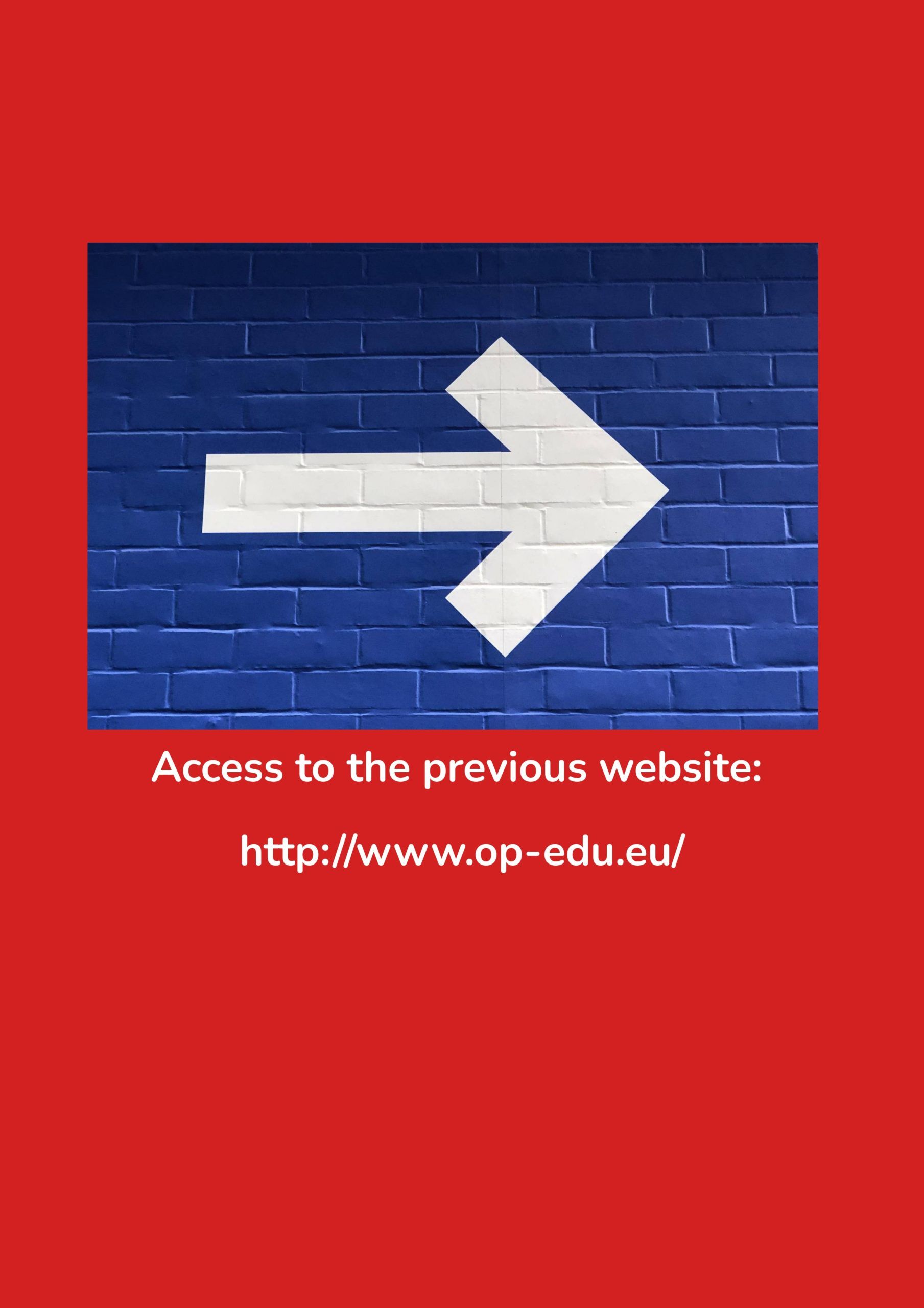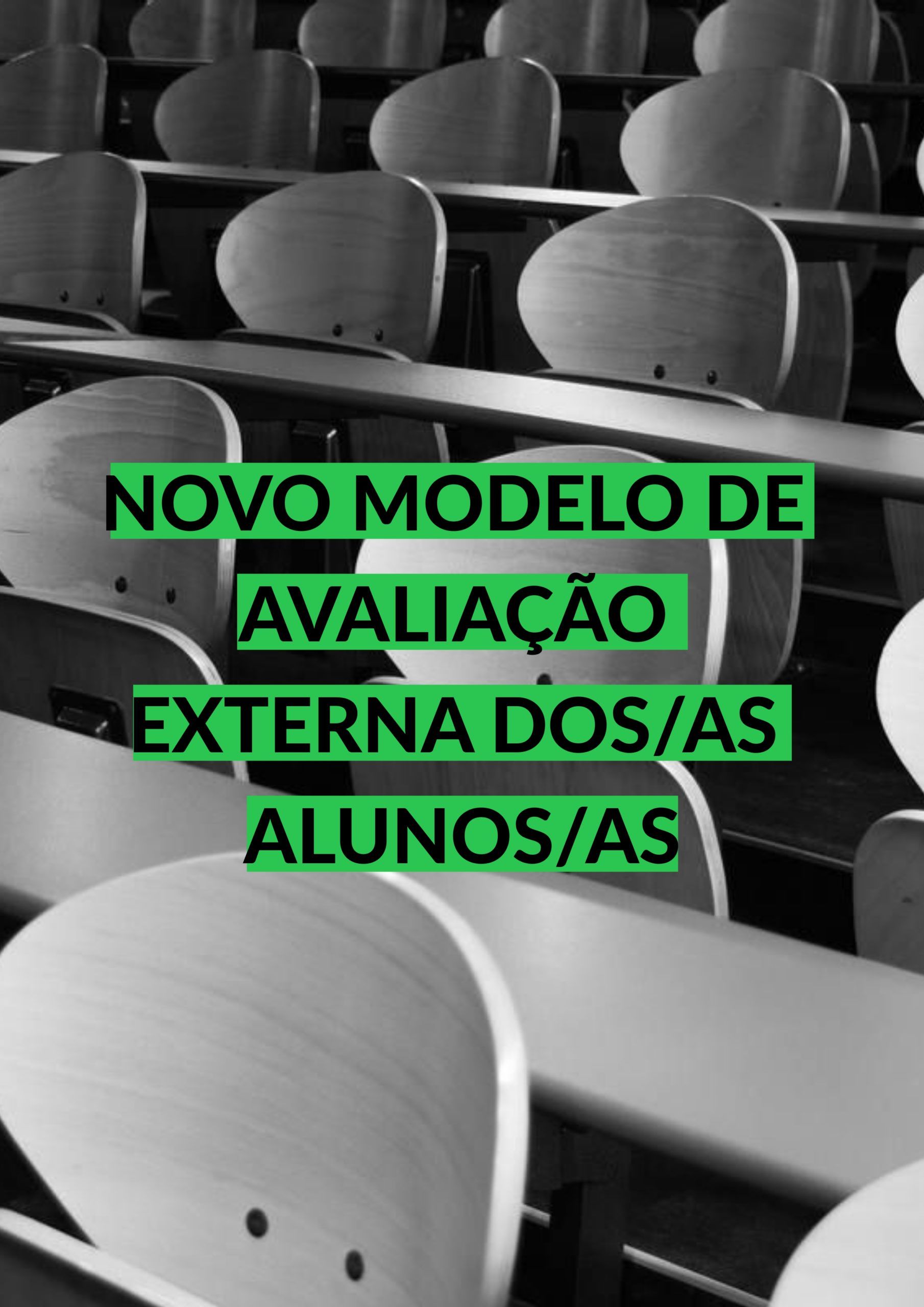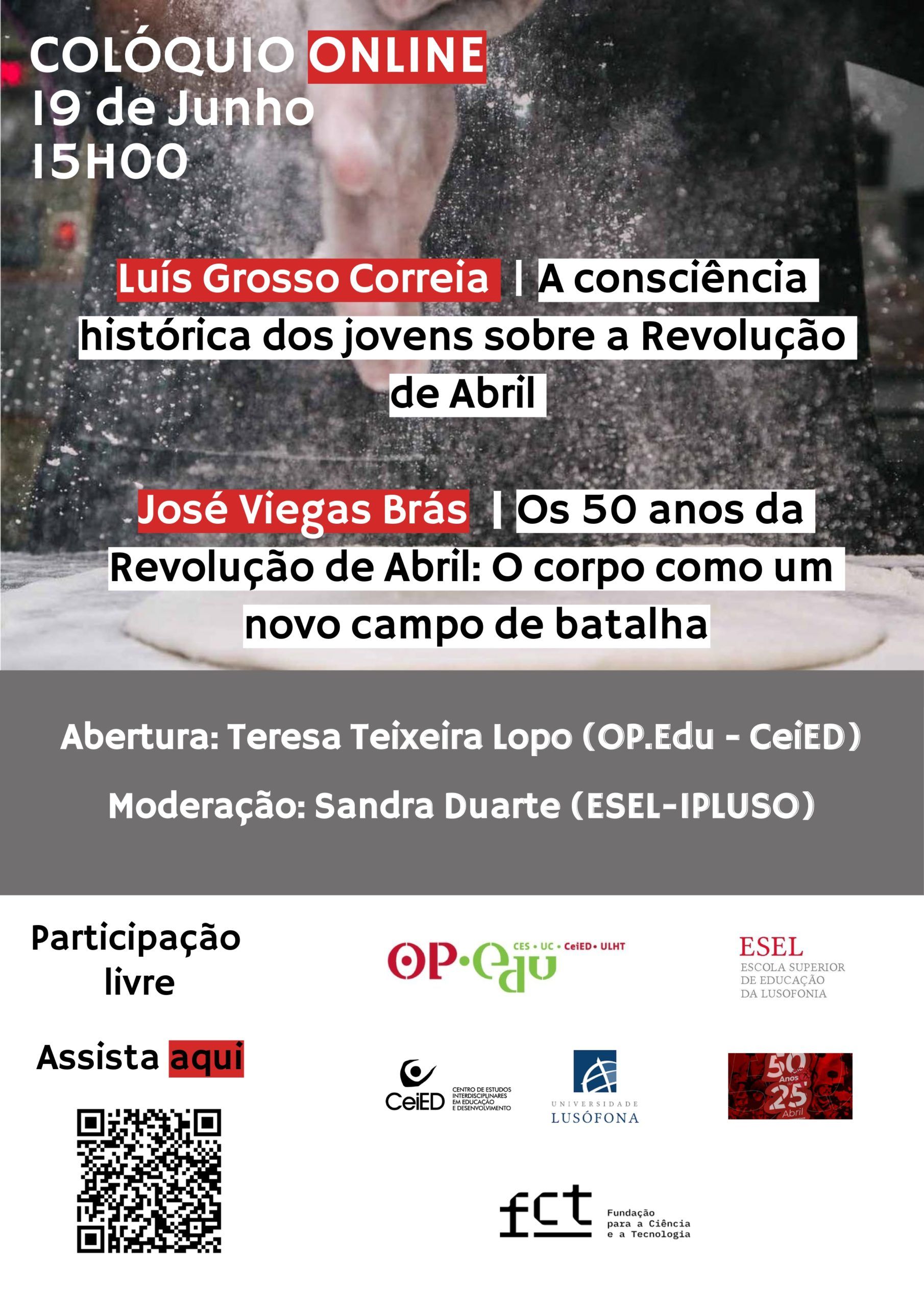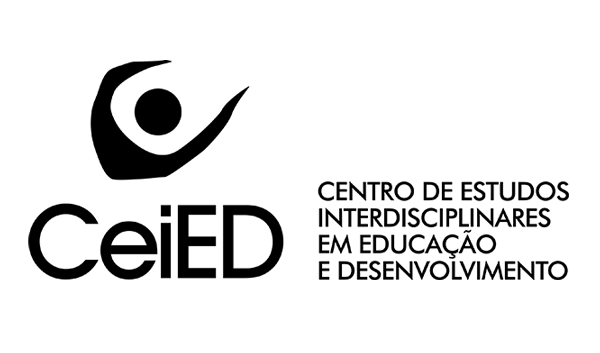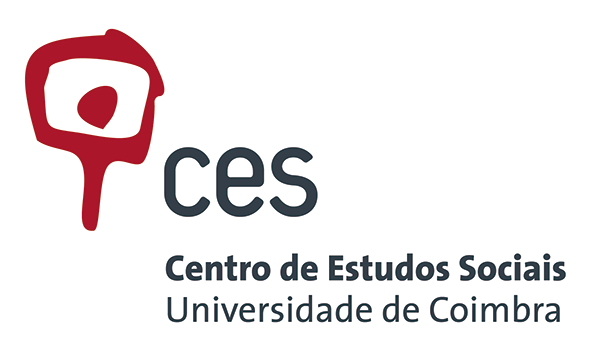OP.Edu in the Media

New teachers’ protest | OP.Edu researcher on CNN Portugal
The government’s response to the teachers’ demands has not been sufficient. “The central issues have not been resolved”
OP.Edu researcher comments live on CNN Portugal about the teachers’ protest on 25 February 2023
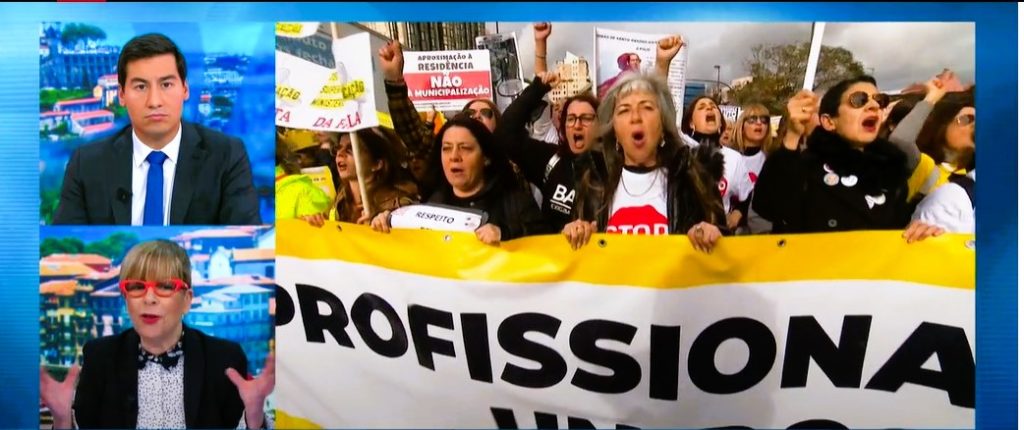

National teachers’ protest: OP.Edu researcher comments the topic on CNN Portugal
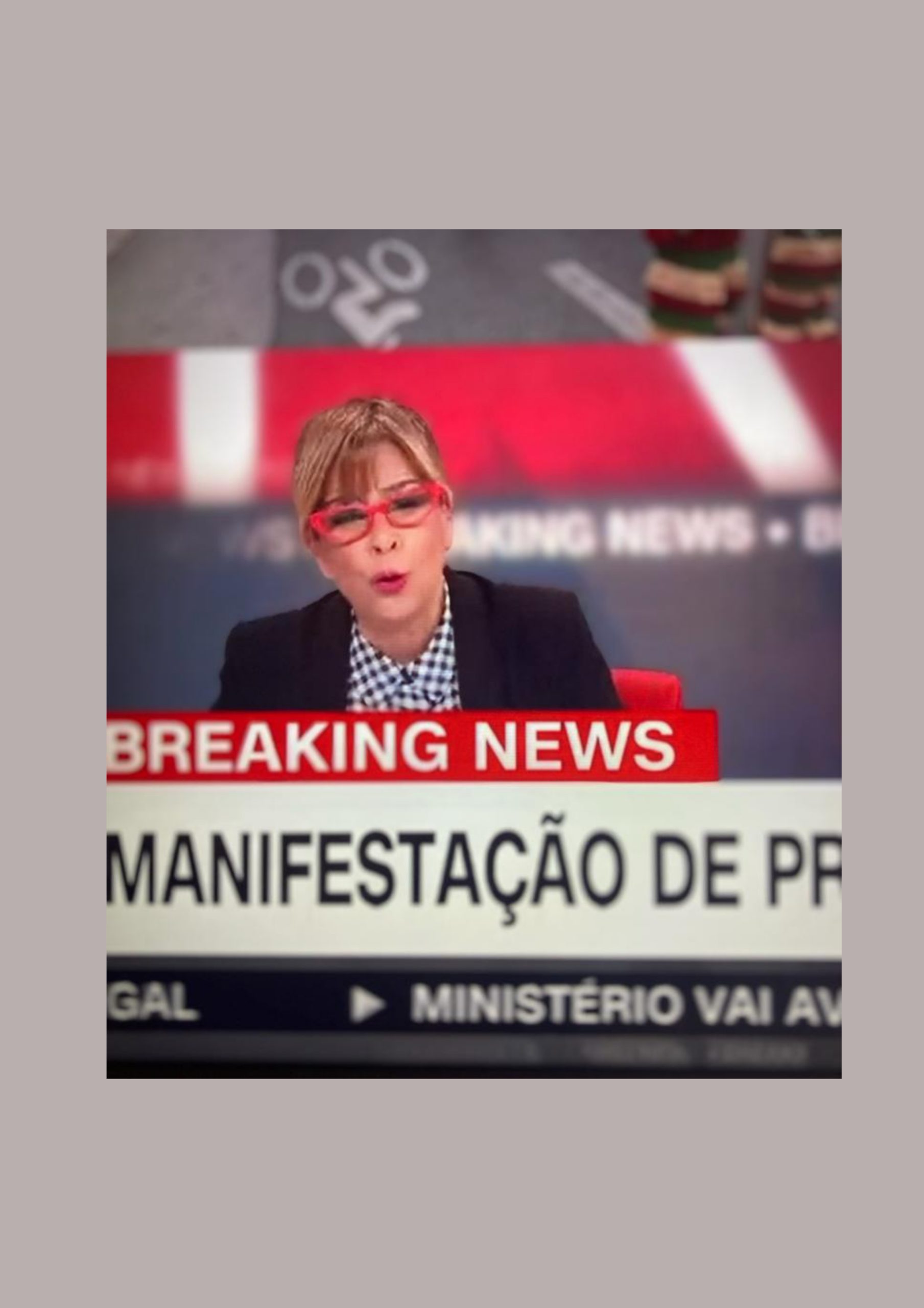
The researcher and co-director of OP.Edu, Teresa Teixeira Lopo, was back on CNN Portugal for a live comment on the national teachers’ protest held in Lisbon on Saturday, February 11, in which eight other trade union organisations (SIPE, ASPL, Pró-Ordem, SEPLEU, SINAPE, SINDEP, SPLIU and STOP) participated, in addition to Fenprof and the National Federation of Education (FNE).
The analysis focused on issues related to the teaching career, the access to the profession, the valorisation of teachers’ professional knowledge, the social representation of the public school, perspectives of negotiation and consensus that may be found between the trade unions and the Ministry of Education.
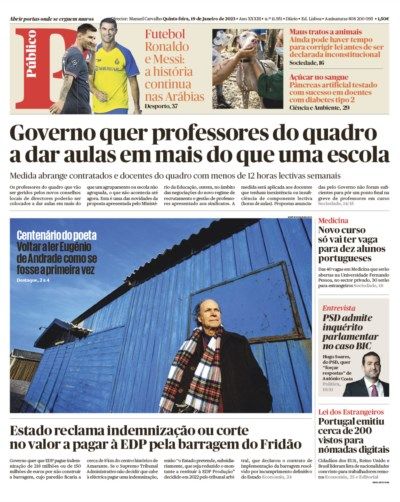
Exams and access to higher education: researcher from OP.Edu’s team analyses the subject in the Portuguese newspaper Público
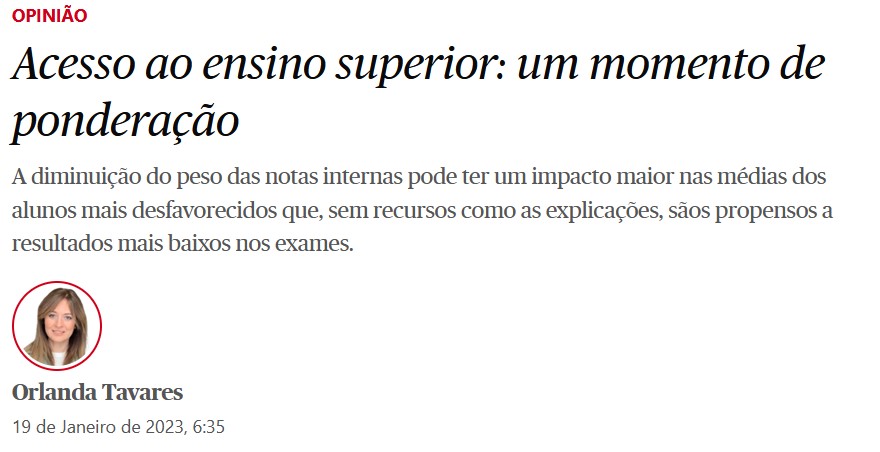
Read here, in full, the article published in the Público newspaper by Orlanda Tavares, a researcher from OP.Edu’s permanent team, focused on the analysis of the changes currently being discussed in the access to higher education.
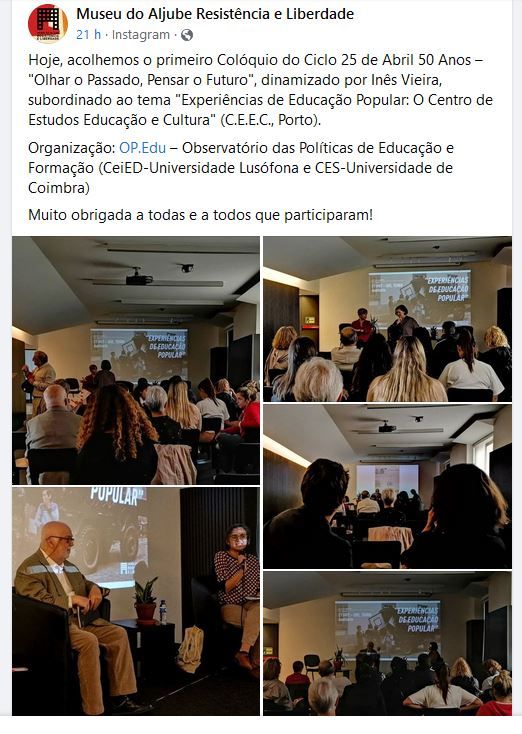
OP.Edu at the Aljube Museum – Resistência e Liberdade
The first Colloquium of the Cycle April 25 50 Years: Looking into the Past, Thinking about the Future took place on October 27. Hosted by the Aljube Museum – Resistance and Freedom and directed by Inês Vieira, in this first meeting we talked about Experiences of Popular Education: The Education and Culture Study Center (C.E.E.E.C., Porto) with José Ferreira, a member of the C.E.E.C. during the democratic transition period.
The talk was about the origin of the C.E.E.C. and its restructuring after the April Revolution, the proposals that guided this organization, the discussions and achievements, especially in terms of educational proposals, the involvement in residents’ and workers’ committees, the impact of the 25th of November 1975, and the end of the Center. José Ferreira’s memories were illustrated by posters, stickers, bulletins, C.E.E.C. newspapers, news articles and educational reflections from this organization. This documentation was collected by José Ferreira himself at the Ephemera archive, the Biblioteca Pública Municipal do Porto (Porto Municipal Public Library), the Arquivo Municipal Sophia Mello Breyner (Sophia de Mello Breyner Municipal Archive, Vila Nova de Gaia) and the Hemeroteca Municipal de Lisboa (Lisbon Periodicals Municipal Library), in dialogue with other elements that were active at the C.E.E.C..
The event was attended by the directors of the Aljube Museum, CeiED and Op.Edu, as well as researchers and students (BSc in Social Education, Lusófona University), and with the support of Henrique Godoy (PhD student in Sociomuseology, Lusófona University and a researcher at CeiED) in the organization.
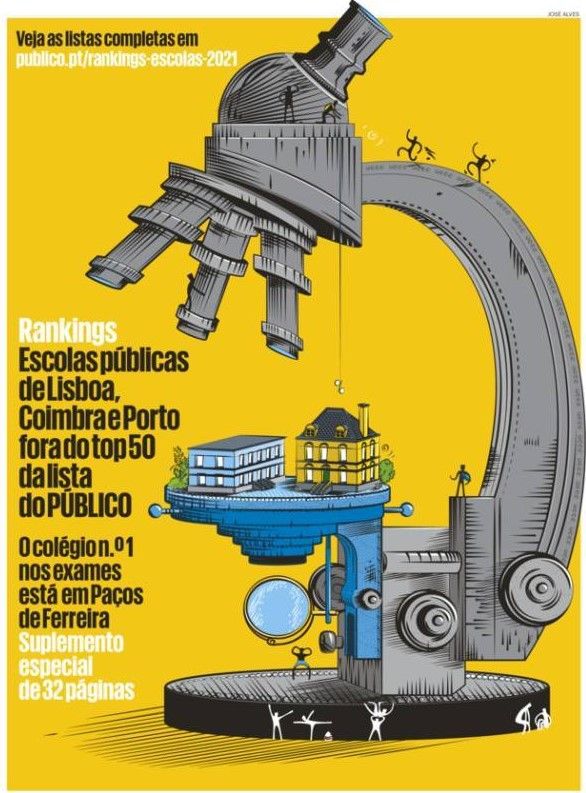
OP.Edu researcher comments on school rankings in the Portuguese newspaper Público
Orlanda Tavares critically reflected on the publication of the school rankings, in the newspaper Público, highlighting the negative effects these may have on schools, teachers, students and families.
She also signaled the need to improve the educational system based on multidimensional information and not just monochromatic information, limited to cognitive performance indicators, such as the ones the publication of rankings seems to offer.
The opinion article can be consulted here
Notícias / News
- Home
- OP.Edu in the Media
